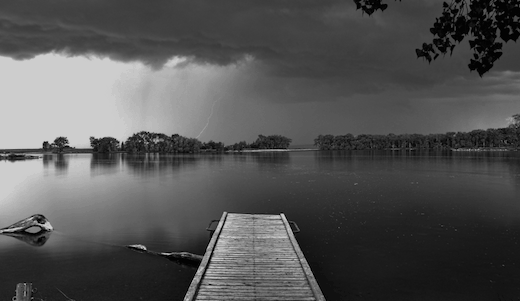Studies are showing that marijuana use is becoming more prevalent in teens and that this use can cause lasting damage. Here’s what you need to know.
Community Trauma: How the Events in Ferguson Touch Us All
The events in Ferguson are traumatic not only for his family but for the community at large. It’s important to recognize the effect it can have on all of us.
Shame or Guilt: The Effects
In the first part of this series, we talked about distinguishing the differences between true guilt, false guilt, and shame. Now, let’s look at the effects of shame and guilt and how to overcome them.
Shame or Guilt: What Is The Difference?
Many people say they feel guilty about various things they have said or done in the past. They may even feel guilty when saying ‘no’ or standing up for themselves. There are misconceptions between what is actual guilt and what is false guilt. Furthermore, what someone may actually be feeling is actually shame.
Weathering an Emotional Storm: Healing & Moving Forward (Part 3)
During the period immediately following the crisis, your intense feelings of fear, panic, and anger begin to de-escalate. It may be difficult to resume your previous level of emotional or physical functioning due to feelings of uncertainty. You’ll start to notice certain words or situations are now triggers, reminding you of the traumatic event.
Weathering an Emotional Storm: How to Remain Calm (Part 2)
As an “emotional storm” is approaching, negative thoughts may begin to take hold of you and cause intense feelings of fear, anger, panic or loss of control.
You may think things like:
“I’m in danger.”
“I’m trapped.”
“I’m all alone.”
Weathering An Emotional Storm: You Have Choices (Part 1)
I use the term “emotional storm” metaphorically to represent times of emotional crisis in your life where you need to seek shelter in safety, connection with others, love and calmness, not just a physical shelter. An “emotional storm” can arise suddenly and consist of intense fear, chaos, anger, and a sense of unknowing.
Learning to Relax
Teaching yourself to relax amidst the various stressors in life is a skill worth investing both the time and energy. We might think we are relaxing when we are actually holding onto tension.
The Landscape of Loss
We are a society that loves to acquire. So when loss comes (as it inevitably will) we find ourselves generally ill-equipped to respond.
Eating Disorder Recovery: How to Support Your Loved One
Eating disorder recovery doesn’t only affect the person with the eating disorder. If you have a friend or family member with an eating disorder, you know how hard it can be to help them through it. If your loved one is in therapy and/or working with a nutritionist and trying to make changes in their eating habits, it can be difficult not to jump in with advice or guidance. This is especially difficult when it is so easy for you to see the proper solutions for them.


